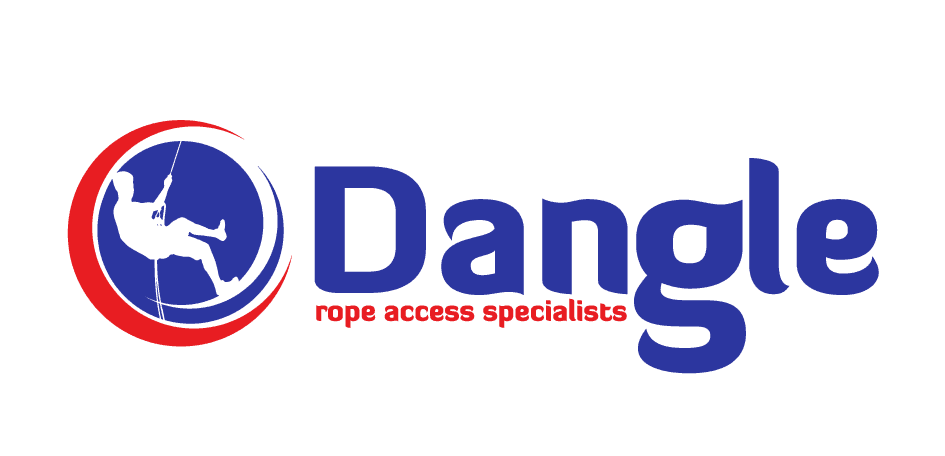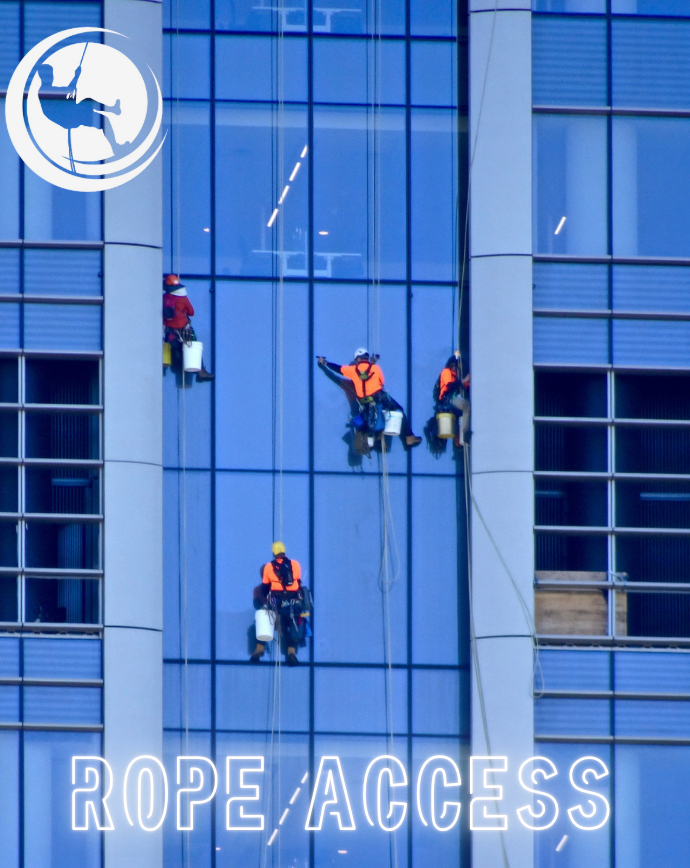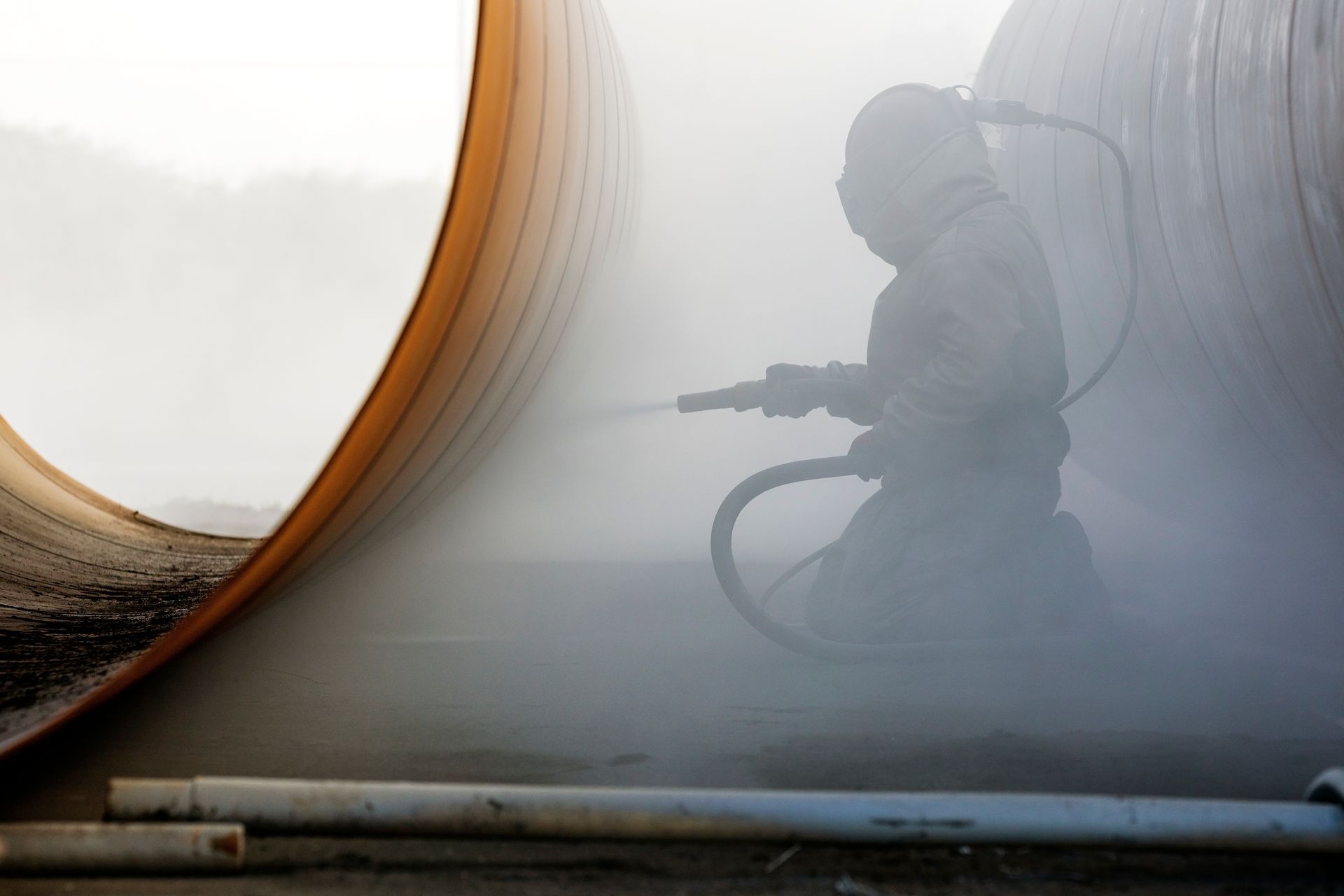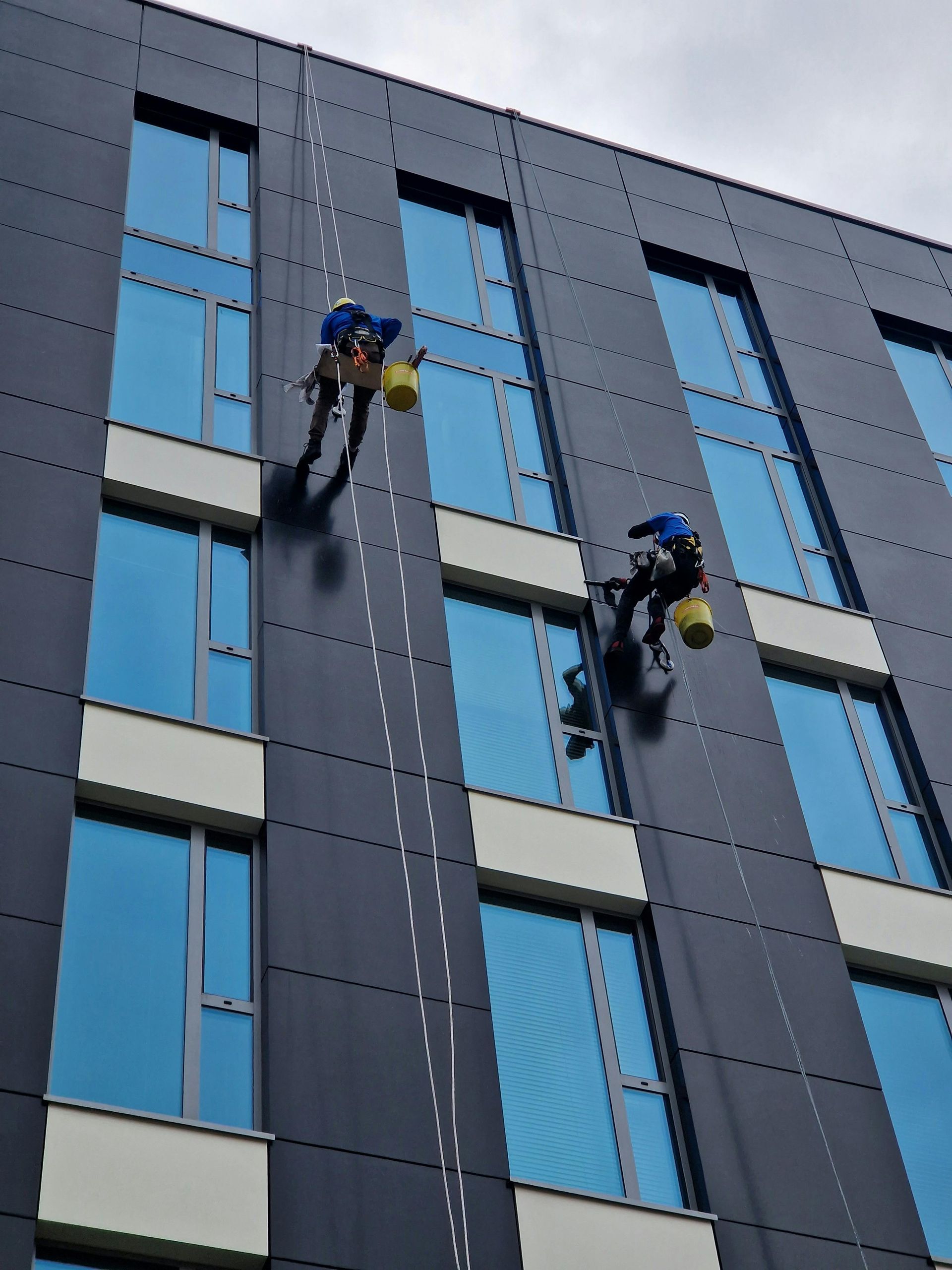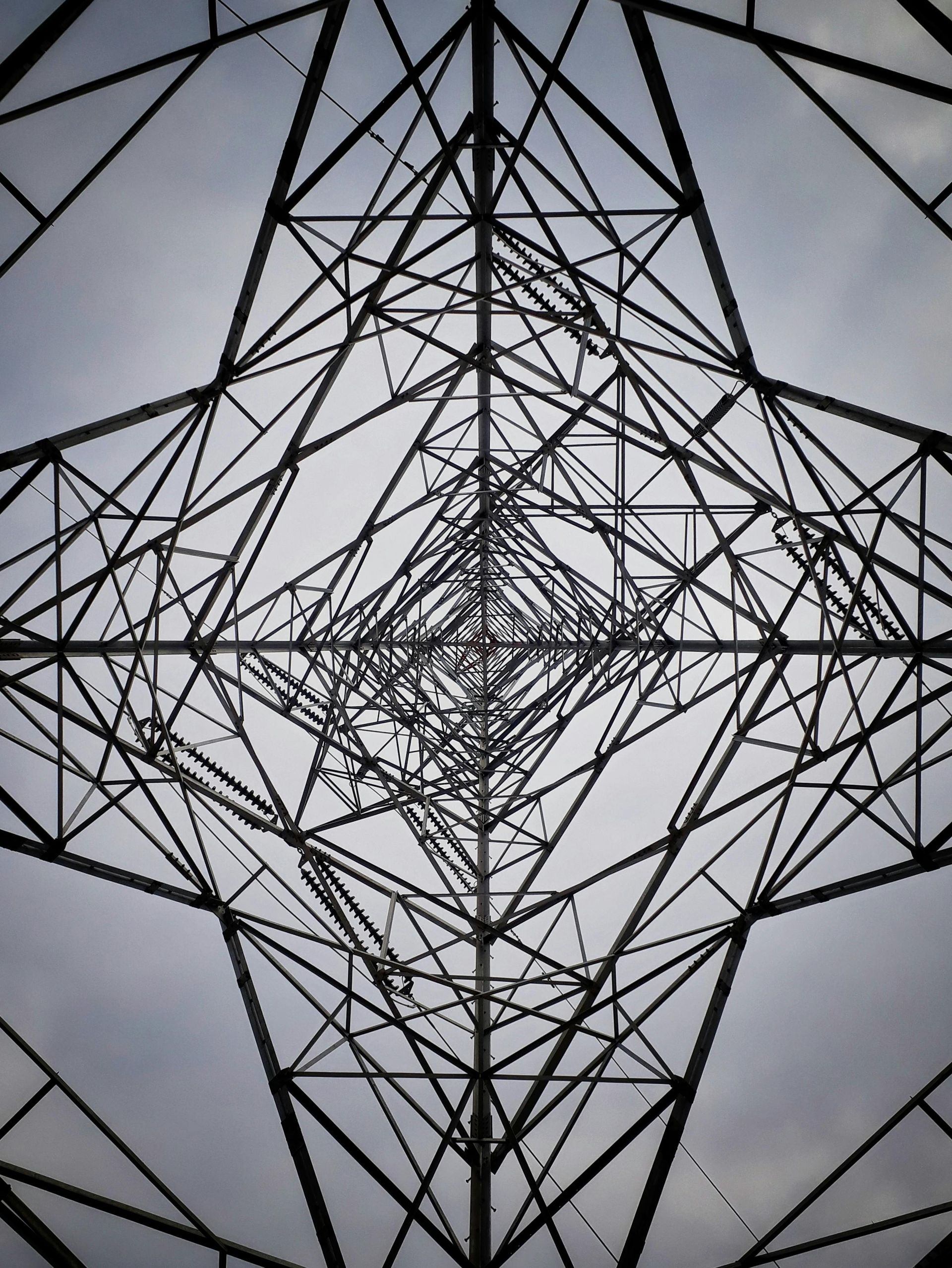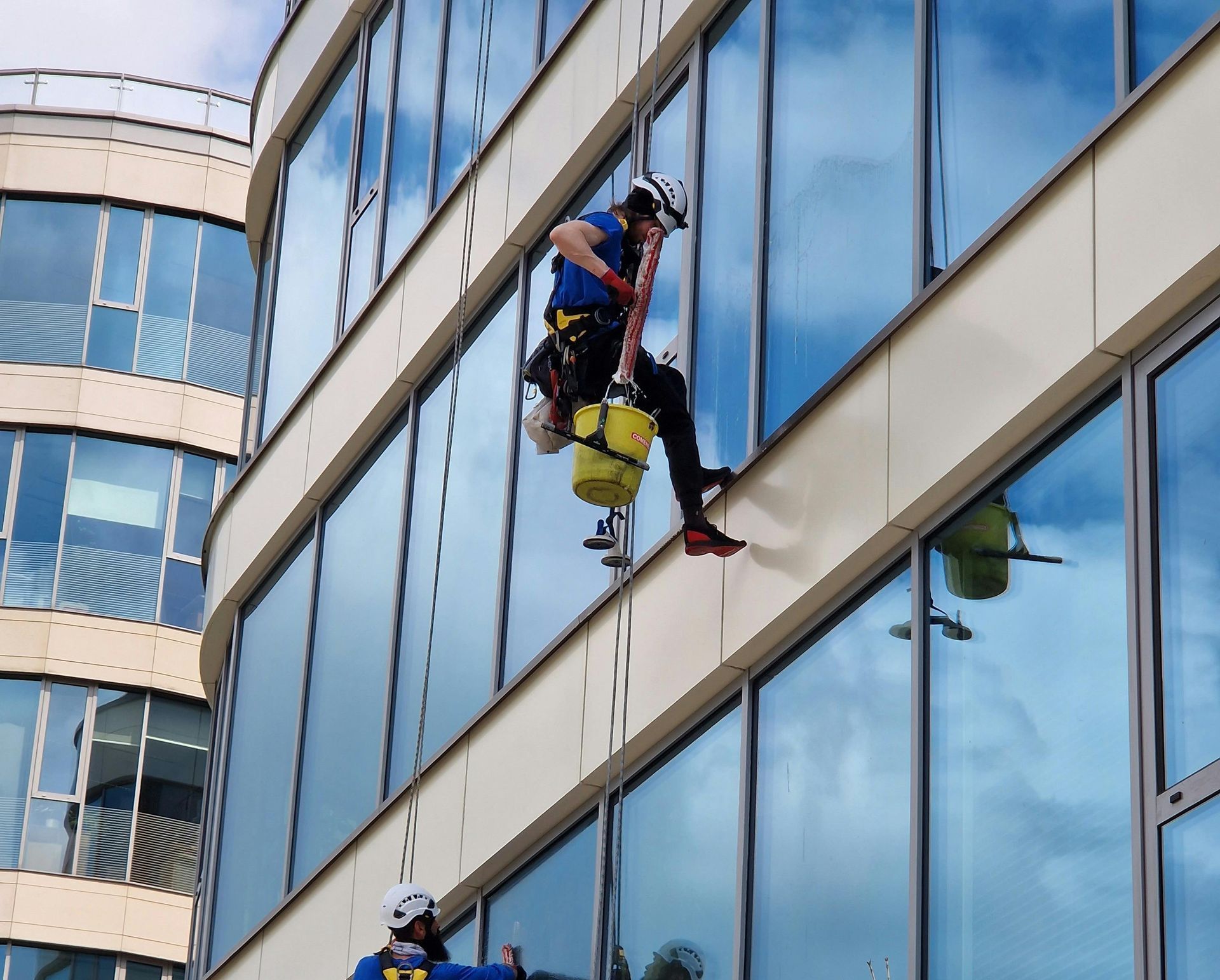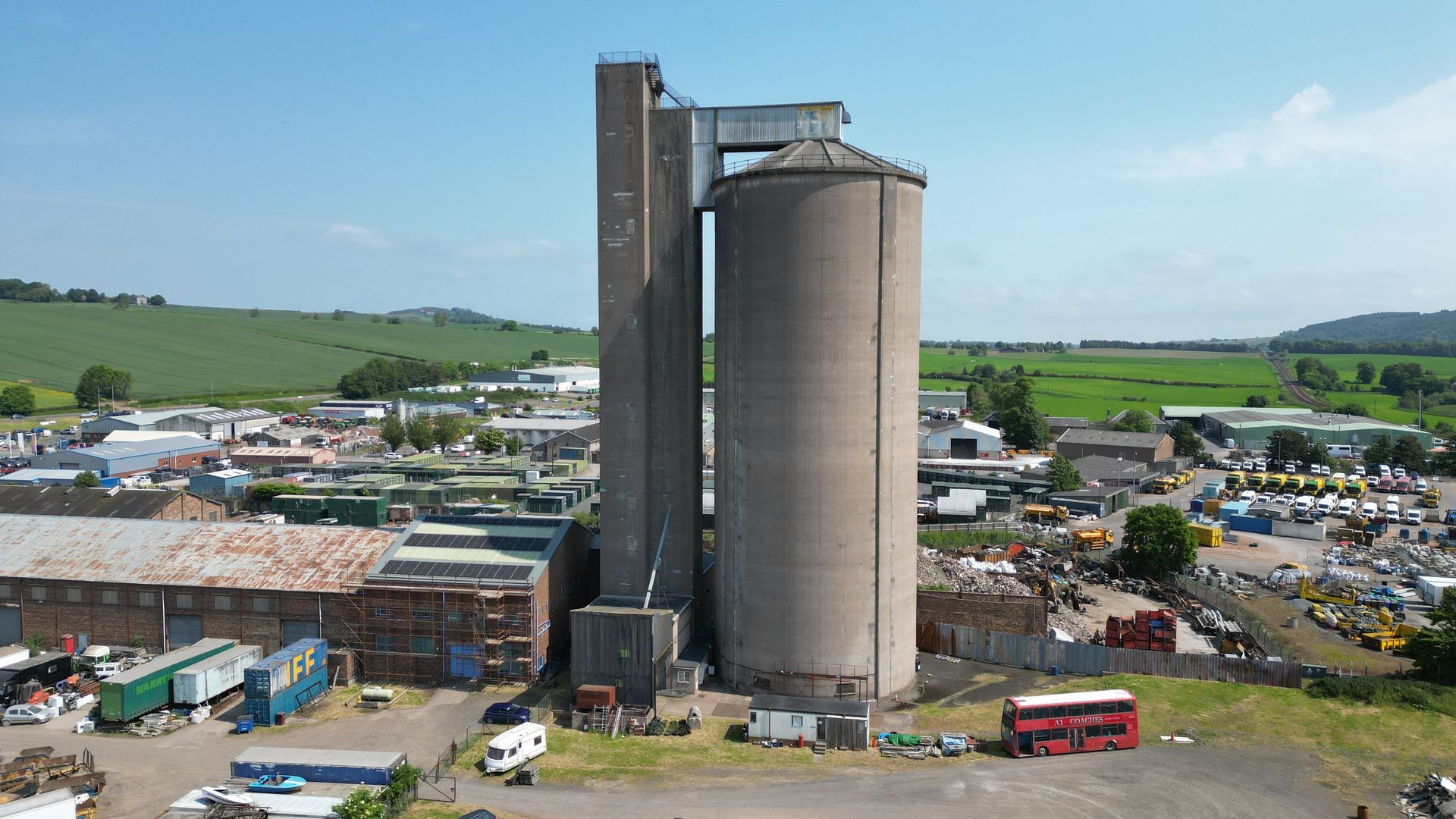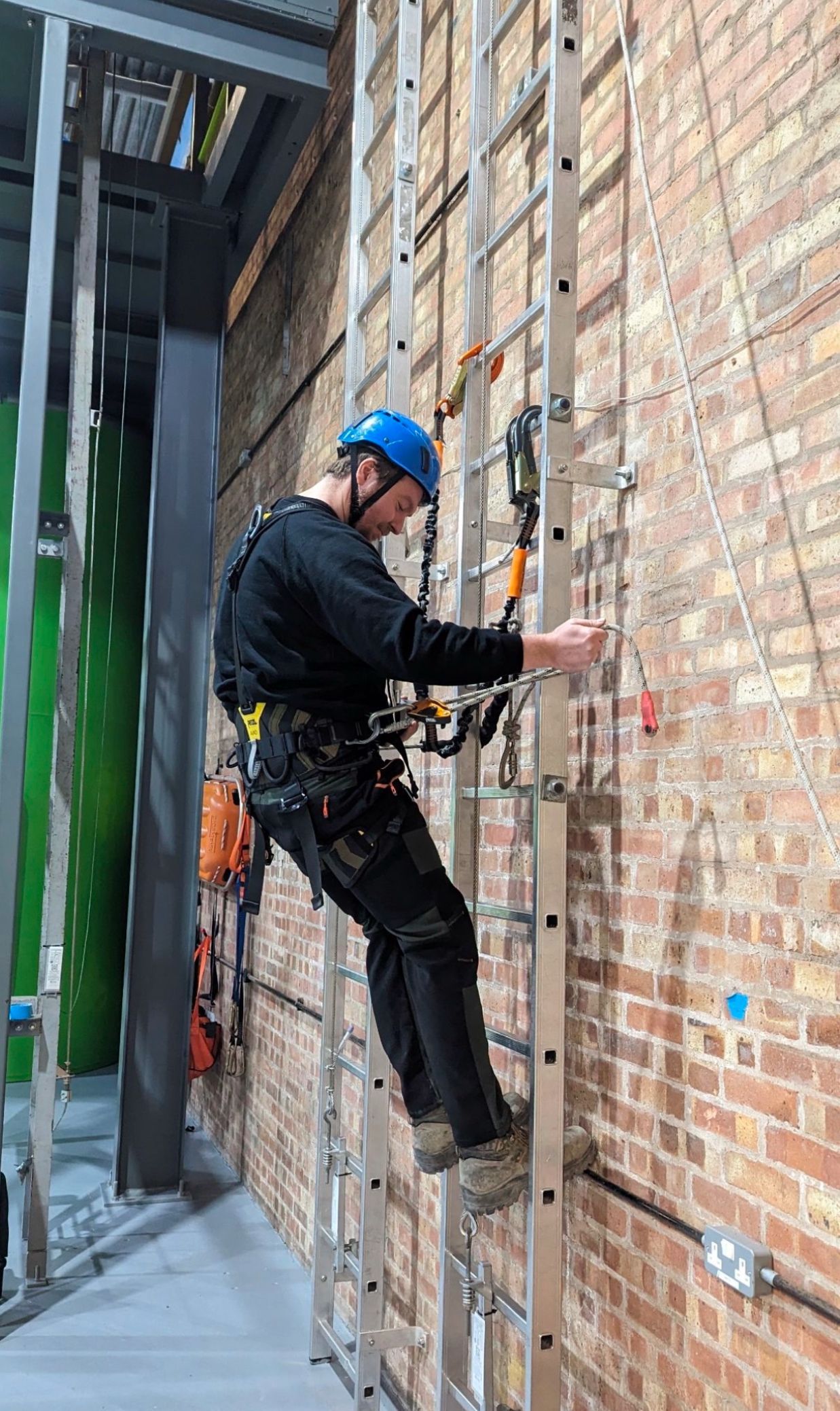Rope Access Careers
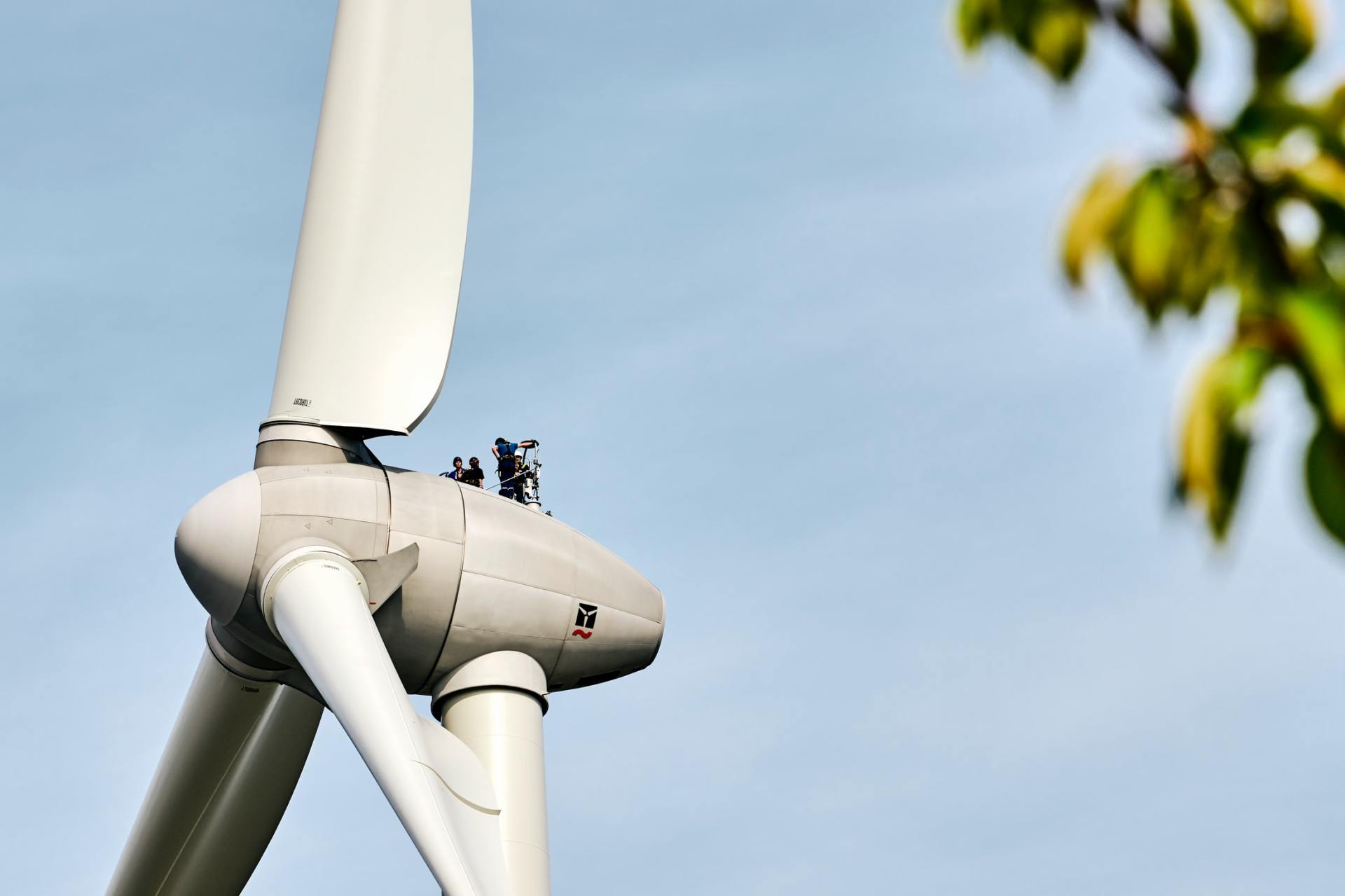
Rope Access Careers
A career in Rope Access in an industry that requires rope access technicians to work safely at height or access difficult to reach places, and fast, appeals to a lot of people, however, its hard physical work and very demanding. Requiring extensive training, rope access jobs encompass a wide range of different techniques that can be adapted to meet the needs of industrial, construction and maintenance requirements, across a diverse range of different sectors and industries.
And, if you are thinking about becoming as fully-fledged rope access tech, it’s highly likely that safety may have already crossed your mind! The good news is, this is an industry that takes safety incredibly seriously and, throughout your industrial rope access training, as a IRATA level 1, IRATA level 2 and IRATA level 3, you will cover all safety measures and precautions imaginable to ensure you’re always on top of your game at height.
What is Involved in Rope Access Safety?
A rope access technician’s job involves everything from rigging off a roof, through to abseiling the leg of an oil rig or wind turbine jacket, above water. The rope access career role is definitely not for the faint hearted, especially if you are afraid of heights, as it will be your job to safely reach inaccessible places that are a far cry from the everyday routine maintenance of buildings or other structures.
In order to reach these city building heights safely and securely, you will usually be asked to enter through a roof hatch or from another rigging area where a rope access specialist can rig their dual lines from to abseil where they need to, in order to work.
The ‘Working at Height Regulations 2005’ also state that: “every employer shall ensure that work at height is properly planned; appropriately supervised, and carried out in a manner which is so far as is reasonably practicable safe”.
With this in mind, if you are looking to embark on a rope access career, it is essential that you are trained to the highest standard and that you are provided with suitable equipment, protection and fully understand all emergency evacuation and rescue procedures you may encounter.
IRATA approved rope access
Careers in rope access are done by workers that are highly trained professionals and in order to acquire the skills, knowledge and experience you need to carry out your role safely and effectively, you will need to undergo IRATA training at an IRATA approved training centre.
The vast majority of technicians and companies will register with IRATA (Industrial Rope Access Trade Association) because IRATA is the sole global trade association in the work at height sector for abseiling, and is widely recognised in all corners of the world.
Is a rope access career really for me?
Like any career, rope access careers are not for everyone and, if you’re considering becoming a professional, fully fledged rope access technician, it’s important that you fully understand what the role entails so you can decide whether or not it’s the best career option for you.
After all, the role of a rope access tech incorporates a wide range of different duties and different levels of qualifications are required depending on the job role you want. And of course, working at extreme heights definitely isn’t for everyone and it’s certainly not your average environment.
To help you decide whether a rope access career is the right move for you, we’ve weighed up the pros and cons of becoming a rope access technician.
Pros and cons to rope access
As with any profession, there are both advantages and disadvantages to pursuing a career as a rope access technician. While the job can be financially lucrative and undeniably exciting, offering unique experiences that few other roles can provide, it is important to consider that the hours can be quite long. This often translates into extended periods away from home, sometimes even requiring travel outside the UK for various assignments.
To gain a better understanding of this dynamic career path, let’s take a closer look at some of the notable pros and cons associated with rope access careers.
Location
A lot of rope access technicians choose their career due to the opportunity of experiencing new places, often in all corners of the world. Travel comes hand in hand with a career in rope access and although some locations can seem glamorous, many are off the beaten track or require remote working.
How Much Does a Rope Access Technician Earn?
Rates and salaries
Rates and salaries vary significantly depending on your industry experience, level of expertise, duties and the company that you work for. All technicians start at Level 1 and work their way up! At the top of your career as a level 3 rope access technician, you could be earning as much as £78,000! Dangle is of course a Living Wage Employer member also, so you will be rewarded well for your hard work and commitment.
Rope Access Courses
If you do decide that this career is right for you, you will then need to get the right qualification and skills to kick start your journey as a professional rope access tech, in a field of interest to you, like blade repair or industrial painting etc. Qualification involves completing dedicated working at height training courses via IRATA, the governing body of the rope access industry.
There are three different rope access technician courses, IRATA Level 1, IRATA Level 2 and IRATA Level 3. All have been created to allow rope access technicians with the training, skills, and knowledge required to carry out manoeuvres and rescue procedures in line with stringent industry and safety requirements required for the level you wish to be assessed at.
What are the different types of rope access jobs?
When it comes to exploring job roles in Rope Access, there are many different opportunities. An exciting rope access career, that requires skill and mandatory qualifications, and you will be surprised at the varied job roles that involve rope access.
So, what exactly does a job in rope access look like?
To embark on any rope access role, extensive training is required and all rope access technicians are expected to gain a variety of skill sets and qualifications.
The vast majority of technicians and companies will register with IRATA, which is the world renowned Industrial Rope Access Trade Association. And, as IRATA is the sole global trade association in the work at height sector, it leads the way when it comes to providing the highest standard of training.
These qualifications are gained by completing standardised training courses at varying levels (IRATA Level 1, IRATA Level 2, IRATA Level 3) which cover everything from rope access manoeuvres and equipment inspections right through to rescue procedures and safety regulations.
Let’s take a look at some of the fields of work you could enter once you have your qualifications:
- Offshore Industries
Rope access careers are commonly associated with many offshore industries, and due to the stringent safety requirements and limited working space, offshore rope access technicians are required to undergo extensive training, including but not limited to Sea Survival, Firefighting, Manual Handling, First Aid, Helicopter Underwater Escape Training etc.
There is always a high demand for rope access work on oil rigs and offshore platforms and duties include everything from inspection and maintenance jobs right through to construction and commissioning jobs.
- Geotechnical Industries
If you’re looking for adventure in your job, a rope access career in Geotechnical industries is definitely for you! Typically positioned up on cliffs, along steep roadsides, deep within caves or other unreachable natural structures, rope access work in this industry will generally take you to all corners of the world. Main roles include stabilising structures, preventing rock falls and helping to prevent mass erosion to shore lines.
- Built Structures
You will also find that there are a lot of exciting job opportunities on land too for those rope techs looking to keep their feet firmly on land, involving working on man-made structures such as bridges, radio masts, bridges or dams. These opportunities can also take you all over the world. Tasks include cleaning, updating and repair of a variety of different structures.
- Energy Industries
Again, this is a field of work that has become synonymous with rope access jobs on wind farms, power stations and utility poles. Rope access technicians play a crucial role in the surveillance and safe upkeep of all aspects of energy industries as a core key worker your service here will be highly valued in keeping the planet moving. The UK government has set a target of 30GW onshore and 60GW offshore for wind energy alone, by 2030, that will require a work force of over 600,000 men and women to help build and maintain.
Earning potential of rope access technician?
For those considering a career in Rope Access, one of the first questions often asked is: “How much does a rope access technician earn?”
But truth is, salaries vary significantly across the industry, depending on experience, qualifications, location and the level of risk involved in the job you are doing. Rope access is a highly skilled career and encompasses a wide range of different duties including a number of different maintenance and inspection jobs.
For example, maintenance jobs include rust removal, painting, repair work and welding whereas inspection jobs include quality control, safety inspection and coating surveys.
So, how much does a rope access technician earn?
The average Rope Access Technician salary in United Kingdom is £54,600 per year, however this may change slightly depending on the company you work for and the location. The vast majority of entry level positions start at £31,200 per year, with that rising as you gain in experience.
In the UK, an experienced Level 3 Rope Access Technician can expect to earn as much as £78,000 per year.
IRATA Level 3 Jobs
To reach the top of your rope access game and hit a IRATA level 3 job £78,000 salary, you will have to undergo an minimum of three levels of training - Rope Access Level 1, Rope Access Level 2 and Rope Access Level 3.
These courses are designed to provide aspiring rope access technicians with the training, skills, and knowledge required to carry out manoeuvres and rescue procedures in line with stringent industry and safety requirements often referred to as ICOP and TACS. Each course varies based on the level of skill needed to progress in your career and all courses run for five days, with an assessment at the end.
Across the industry, you will find that rope access technicians that have vast experience, additional skills and top qualifications will earn far more than other colleagues working in the trade. With this in mind, it’s certainly worthwhile getting the qualifications you need.
There’s also a high amount of overtime available, which is ideal for boosting your wage, although be prepared to work in excess of 12 hours a day.
How do I get IRATA certified?
If you are looking to get IRATA certified, you will have to complete a minimum four-day rope access training course from an IRATA Training Member Company and training managed by an IRATA Level three Instructor.
Rope Access Jobs
About Dangle Rope Access
Here at Dangle, we provide a variety of comprehensive inspection, access, coatings, and composite (IACC) industrial services. Our services are available to both the private and public sectors.
We offer high-quality proven solutions that will help reduce maintenance costs in both the long and short-term. We are based in Dundee, Scotland and also have offices based in Edinburgh, along with our newly established training centre in Northern Ireland Dangle Academy. Due to our company size and structure, we are able to offer a flexible and versatile approach to the way we run our business and the services that we offer our clients. And, as a leading painting company, we’ve worked on several renewable energy projects in the UK, Europe, and the US.
We work with both on and offshore with wind farm operators, and asset owners. For offshore wind farm maintenance, to onshore building maintenance, we can cover both the East and West coasts.
To find out more about how our team can help you contact us today. Our friendly, professional and helpful team is always on hand to help.
